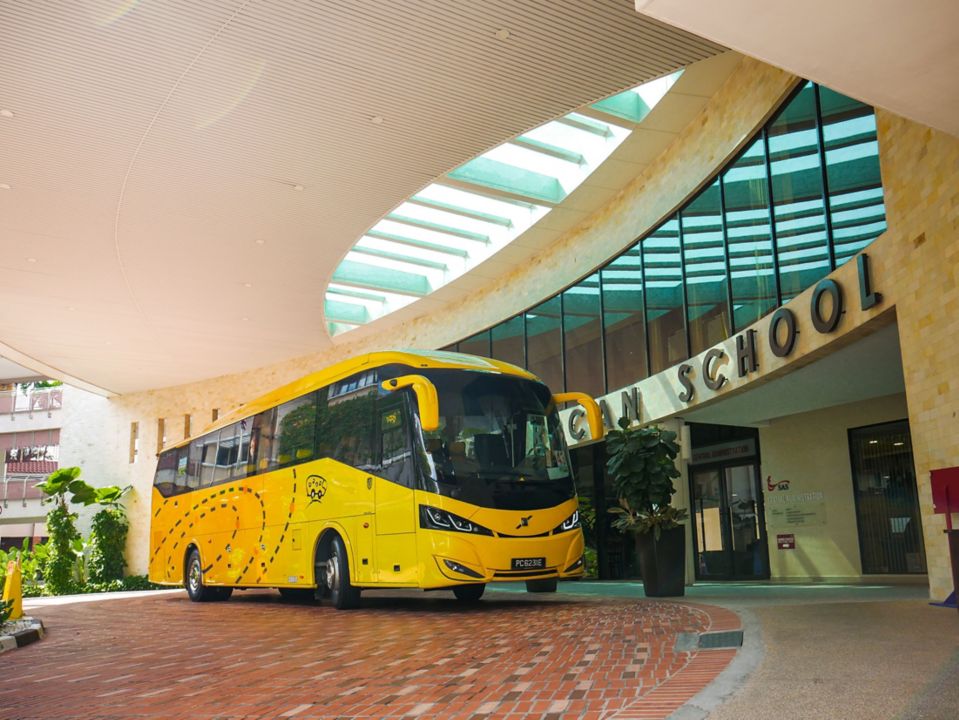Founded in 1964 by entrepreneur Assis Gurgacz, its background is intertwined with the history of those regions. “Nearly 75 per cent of people who migrated from the south of Brazil to settle in the northern part of Mato Grosso State and Rondônia State were transported by Eucatur. A pioneering spirit and a determination to overcome difficulties were essential for the development of those regions,” says Assis Marcos Gurgacz, Executive Director of the company and son of its founder.
The company has been licensed, since 1973, for inter-state passenger transport between Rio Branco and Cascavel, and the license was subsequently extended to include routes down to Porto Alegre. The company currently operates intra-state routes in Rondônia and in Amazonas, 25 inter-state routes across the north, centre-west, south-east and south regions of the country as well as an international line linking Manaus, capital of Amazonas State, with Caracas in Venezuela. And it also runs urban bus routes in Manaus.
Volvo's standardised service means that support can be delivered in numerous cities across the country. In view of the geographic coverage of our lines, this was a very relevant factor.
He recalls that the company started using Volvo buses in 1980. “That year we bought the first Volvo B58 vehicles, with THD 100 engines, 245 hp, turbo, mechanical fuel injection pump, leaf/air suspension, hydraulic steering, engine brake and exhaust brake. Among them is bus number 681, with Incasel Jumbo bodywork, reclining seats, footrests, seating capacity for 46 passengers and on-board WC for the Cascavel–Porto Velho route, offering our customers greater comfort and safety,” he says.
Eucatur currently has 287 Volvo vehicles in its bus fleet, including the B10M, B12B, B12R, B270F, B290R, B380R and B420R models. It also has 206 vehicles in its urban fleet which operates in the city of Manaus, specifically 110 B270F models and 96x B12 articulated models. On average, the company’s Volvo vehicles run a combined 5.8 million kilometres per month.
According to Gurgacz, Volvo was chosen because of its high quality and huge dealer network. “The standardised service means that support can be delivered in numerous cities across the country. In view of the geographic coverage of our lines, this was a very relevant factor,” he says.

